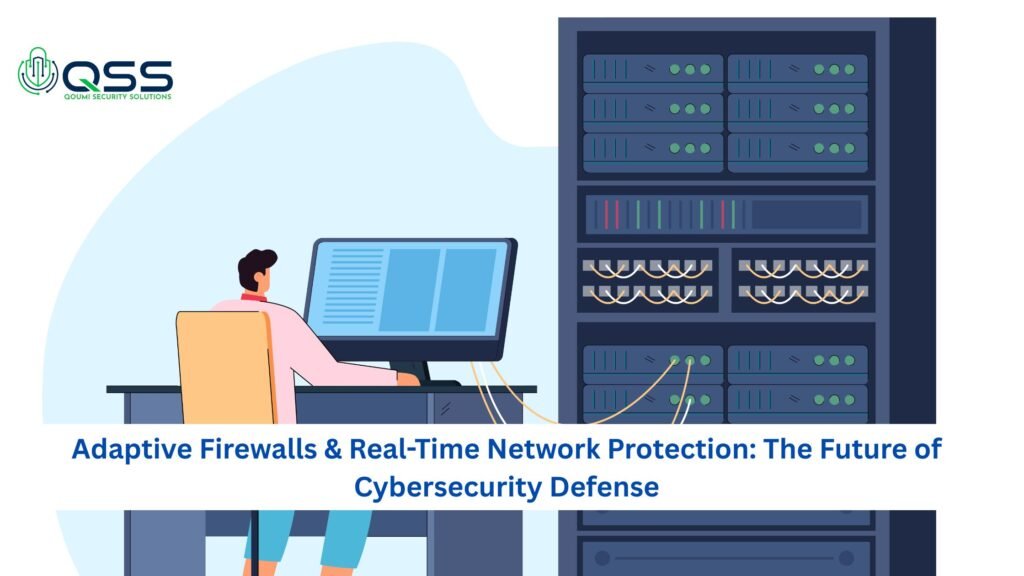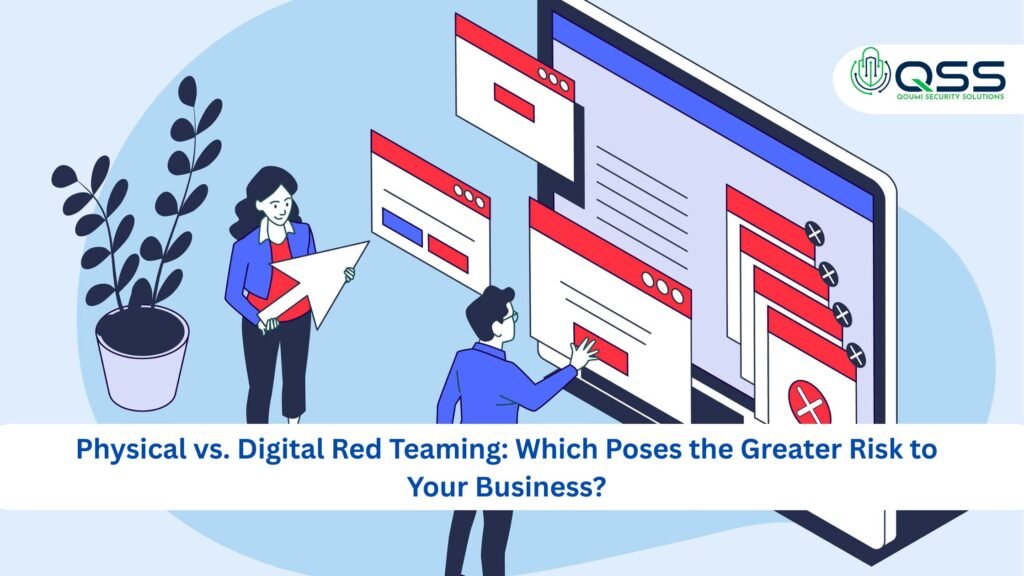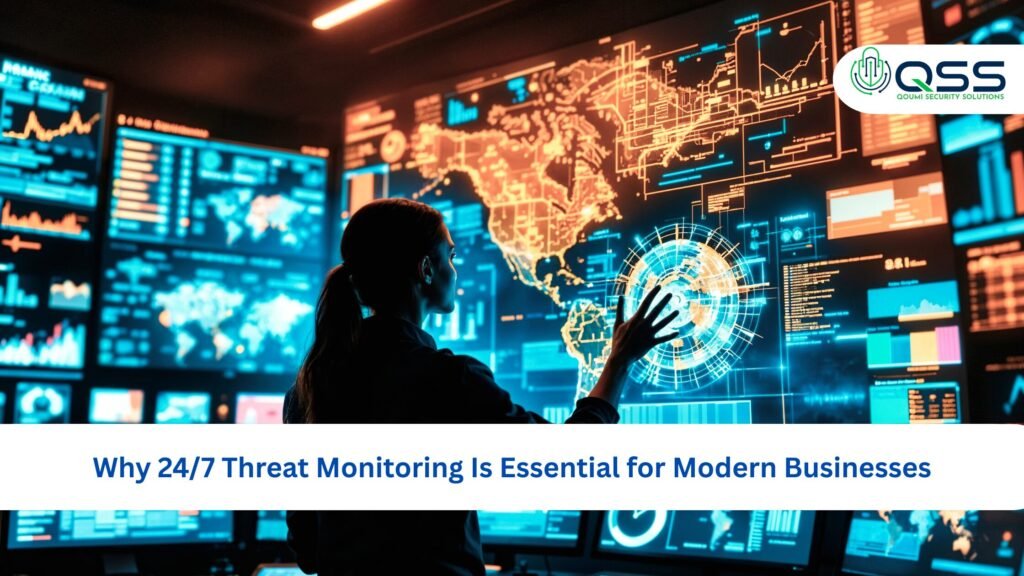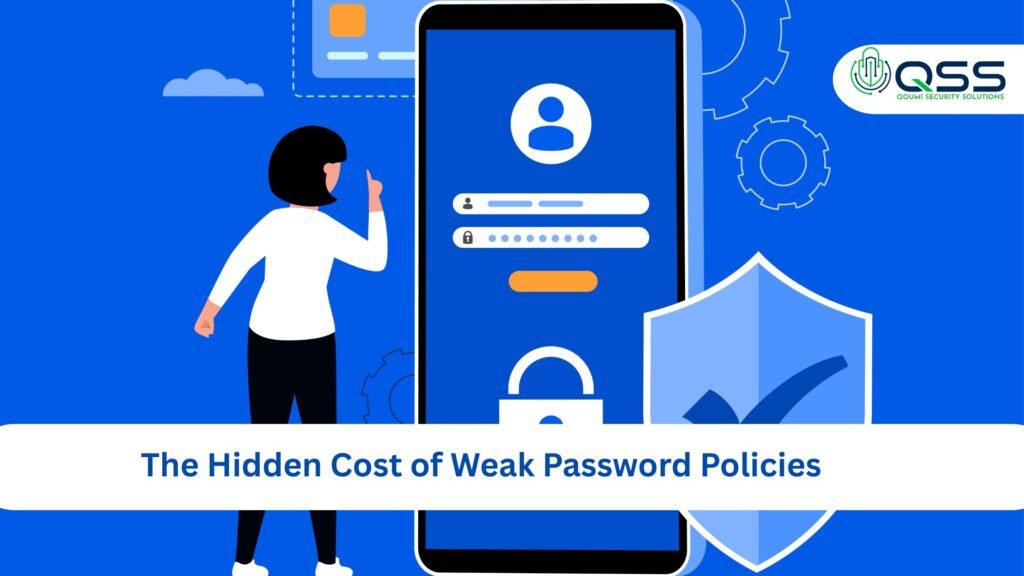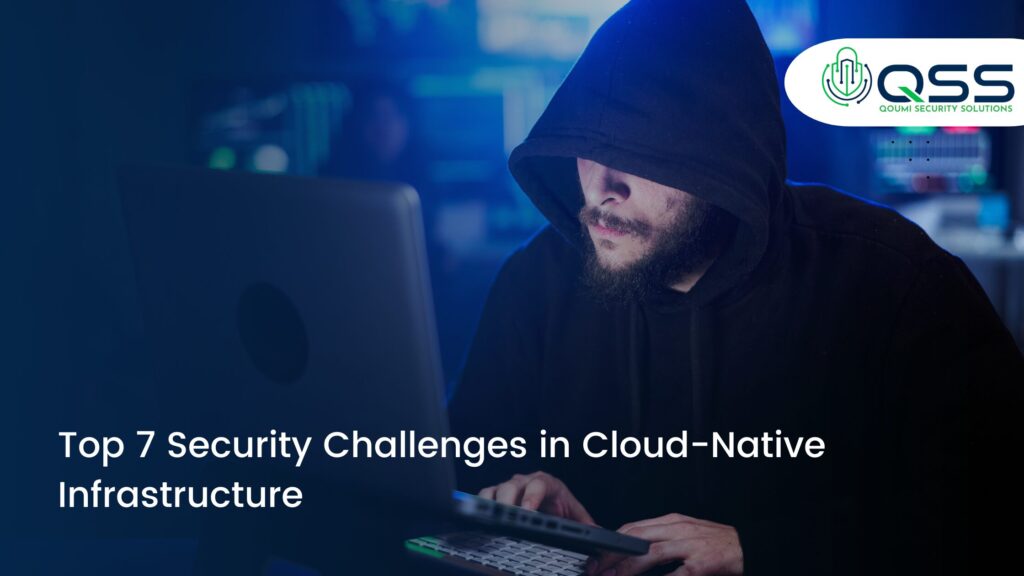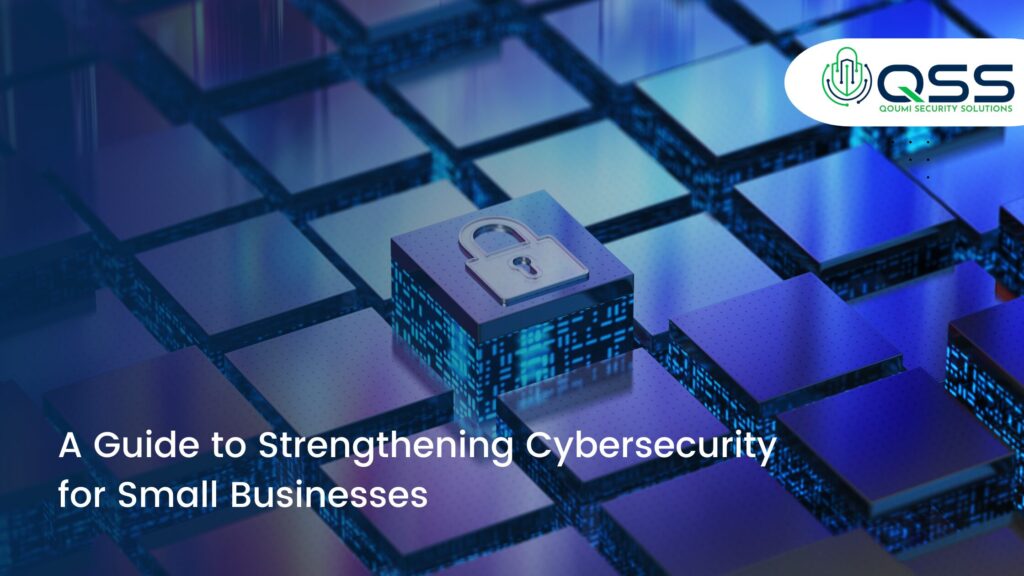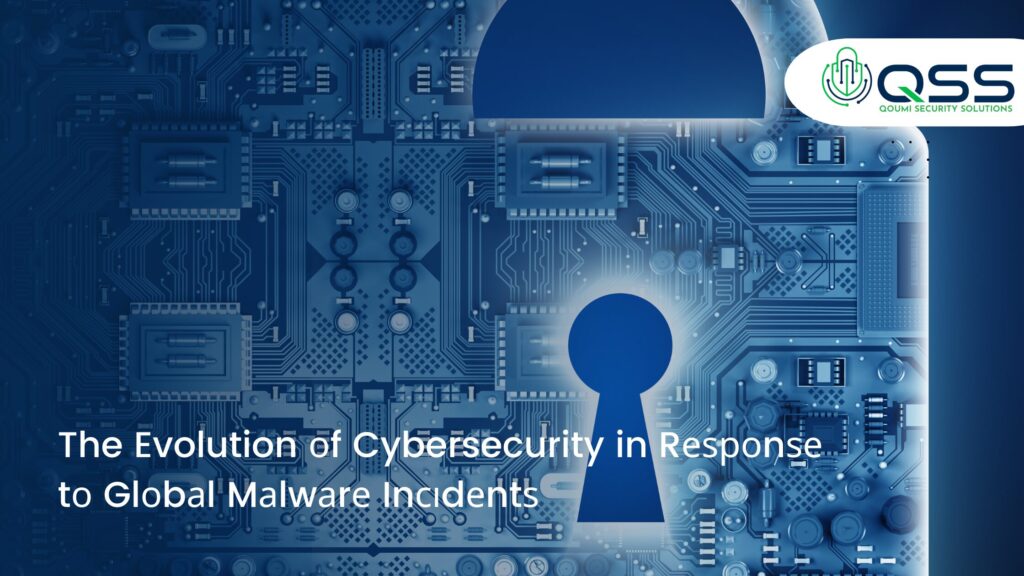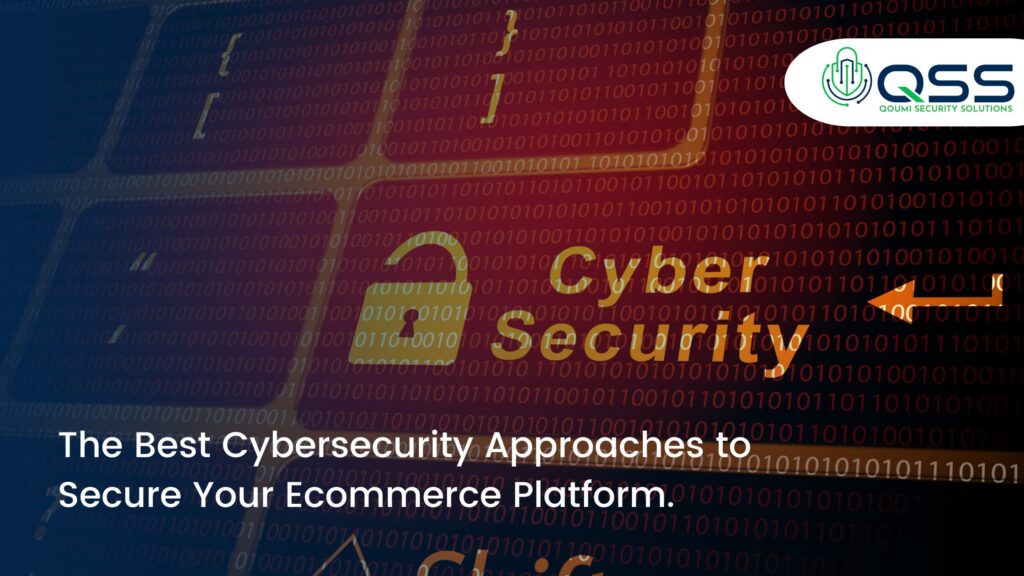Why Small Businesses Need Cybersecurity Services ?
Why Small Businesses Need Cybersecurity Services?

Small businesses often operate under the misconception that they are not a target for cybercriminals. Unfortunately, this belief could not be further from the truth. In fact, small businesses are prime targets because many lack the robust cybersecurity defenses found in larger organizations. As the digital world becomes increasingly interconnected, safeguarding sensitive data and operations is no longer optional—it’s a necessity. Here’s why small businesses need cybersecurity services now more than ever.
- Small Businesses Are Prime Targets
Cybercriminals often view small businesses as low-hanging fruit. Without the advanced security measures that larger enterprises employ, these businesses become easy prey for hackers. A lack of resources, knowledge, and proactive strategies leaves small businesses vulnerable to attacks such as phishing, ransomware, and malware.
Example: A local retailer may unknowingly expose customer credit card information due to outdated software, leading to financial and reputational damage.
- Increasing Sophistication of Cyber Threats
Cyber threats are no longer limited to basic hacking techniques. Today’s attackers use sophisticated tools like AI-driven malware, social engineering, and zero-day exploits. Small businesses often lack the expertise to identify and combat these advanced threats. Cybersecurity services bridge this gap by providing cutting-edge tools and strategies to counteract evolving risks.
- Regulatory Compliance
Many industries are governed by strict regulations that require businesses to protect sensitive information. For example:
- Healthcare: HIPAA compliance ensures the protection of patient data.
- Finance: PCI DSS standards safeguard credit card transactions.
- General Data Protection: GDPR mandates secure handling of customer data for businesses interacting with the EU market.
Failing to comply with these regulations can result in hefty fines, legal battles, and reputational harm. Cybersecurity services help small businesses navigate these requirements and ensure compliance.
- Cost of Data Breaches
The financial impact of a cyberattack can be devastating for a small business. According to industry reports, the average cost of a data breach for small companies can run into hundreds of thousands of dollars. This includes direct costs like fines and legal fees, as well as indirect costs like lost customers and damaged reputation.
Investing in cybersecurity services is a cost-effective way to prevent these losses, offering protection and peace of mind.
- Safeguarding Customer Trust
Trust is the cornerstone of any successful business. Customers want assurance that their personal and financial data is safe. A single security breach can shatter this trust, driving customers to competitors and tarnishing the business’s reputation.
Cybersecurity services help small businesses implement robust security measures, giving customers confidence in their ability to protect sensitive information.
- Rise of Remote Work and Cloud Adoption
The shift toward remote work and cloud-based solutions has expanded the attack surface for cybercriminals. Small businesses are now managing dispersed teams, accessing critical systems through potentially insecure connections, and relying on cloud services for daily operations.
Cybersecurity services provide:
- Secure Remote Access: VPNs and endpoint protection.
- Cloud Security: Safeguarding data stored in cloud environments.
- Employee Training: Educating staff about secure practices to minimize human error.
- Proactive vs. Reactive Security
Many small businesses operate reactively, addressing cybersecurity only after an incident occurs. This approach is risky and costly. Cybersecurity services emphasize proactive measures, such as:
- Regular vulnerability assessments.
- Continuous monitoring to detect threats early.
- Immediate response to mitigate attacks.
Being proactive significantly reduces the likelihood of a breach and its associated consequences.
- Access to Expert Knowledge
Most small businesses do not have the resources to hire full-time cybersecurity professionals. Managed cybersecurity services give them access to skilled experts who stay updated on the latest threats, trends, and solutions. This expertise is invaluable for creating and maintaining a robust security posture.
- Business Continuity and Disaster Recovery
Cyberattacks can disrupt operations, leading to downtime and loss of productivity. Cybersecurity services include disaster recovery planning to ensure business continuity. This involves:
- Backing up critical data.
- Developing response plans for potential attacks.
- Implementing redundant systems to minimize downtime.
- A Competitive Advantage
In a market where cybersecurity awareness is growing, small businesses that prioritize security can differentiate themselves. Promoting robust cybersecurity practices can attract more customers and business partners, especially in industries where data security is a critical concern.
